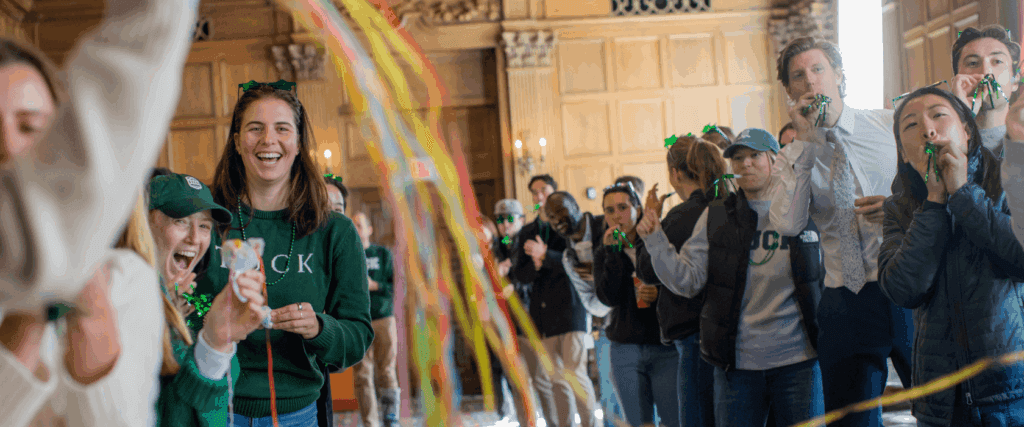This ESMT Berlin fellowship transforms aspiring leaders into responsible champions
In today’s business world, responsible leadership is becoming increasingly important. One way to develop the skills and mindset needed for responsible leadership is through extracurricular projects. In this article, we’ll explore the concept of responsible leadership, the fellowship program, and how it can impact your career.







